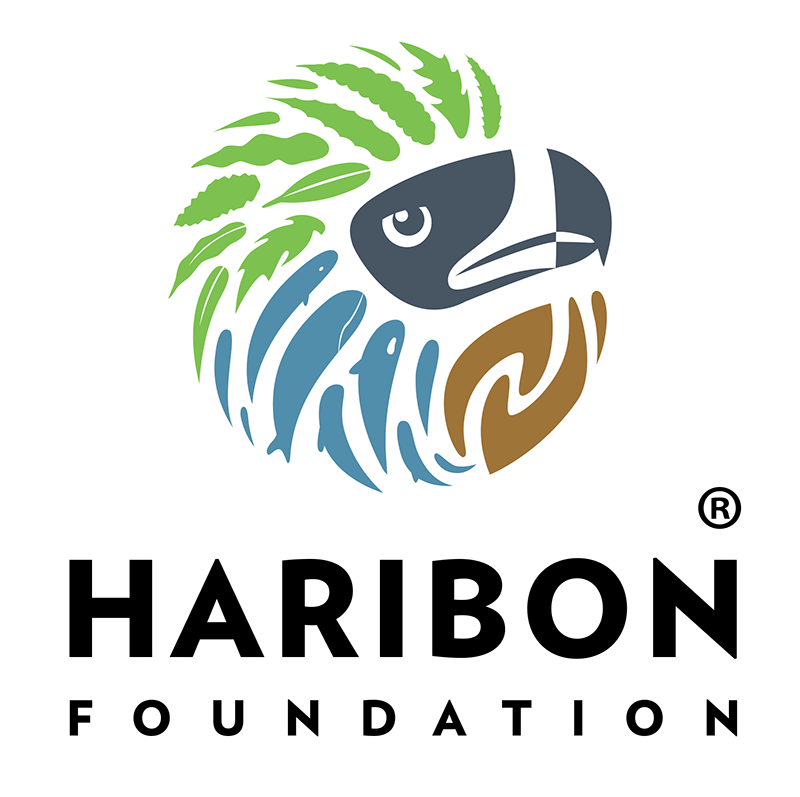Thinking globally and acting locally for our forests, every day.
March 21 is the International Day of Forests.
There is no day like the present to plant a tree, and the work continues on and off the field. Before the new year Haribon presented a paper to fellow forest conservationists from around the world, showcasing the rainforests of Mts. Irid and Angelo in the provinces of Bulacan, Rizal and Quezon. Forests like these are crucial agents to the country's climate change adaptation efforts.
The condition of the Philippine forests is "extremely degraded", according to the Department of Environment and Natural Resources, having reached a precarious level with only 6.84 million hectares of forests or 22.8% of the country's total land area compared to the ideal 54% forest cover to maintain natural ecological processes.
The paper was presented at the Belum Rainforest Summit (BRains), an international conference on conservation and the sustainable use of tropical rainforests held in Malaysia. The paper highlighted the different restoration initiatives of the organization in General Nakar, Quezon and its neighboring municipalities, including land-use planning and the protection of the country's flagship bird species, the Philippine Eagle (Pithecophaga jefferyi).
"Our work in these important sites revolves around participatory decision-making in communities, the recognition of indigenous rights and domains, biodiversity-friendly livelihood programs and rainforestation," said Haribon's Rainforest Organizations and Advocates (ROAD) to 2020 program coordinator Thaddeus Martinez, during the paper presentation.
Rainforestation is a technology that involves the use of native trees in forest restoration that helps in building greater stability and resilience to withstand disturbances associated with climate change.
Hailed as of one the IBAs or Important Bird and Biodiversity Areas in the Philippines, Mts. Irid-Angelo is the country's Forest of Hope (FOH) site under the BirdLife International Partnership.
Global movement for a greener world
Over the recent years, different sectors working for the environment including government agencies, scientists, academic institutions, non-government organizations, private groups and individuals have increasingly participated in conservation efforts geared towards the protection, restoration and promotion of the sustainable use of forest resources.
These joint movements and outputs are captured in the various global commitments such as the Convention on Biological Diversity, the United Nations Convention to Combat Desertification and the Sustainable Development Goals.
Haribon Foundation, together with its BirdLife International partners around the globe, work side by side in advocating for the role of forests in the lives of people and in improving collaborations to provide sustainable solutions to forest degradation.
BirdLife International is the world's largest nature conservation partnership, with 120 partners worldwide. Through its Global and Regional Conservation Programmes, BirdLife provides the framework for planning, implementing, monitoring and evaluating of conservation initiatives, such as the Forests of Hope (FOH) programme, which is an international forest conservation movement that aims to ensure sustainable forest management among 19 sites covering over 7 million hectares of forest land in Africa, Asia, the Americas and the Pacific.
"BirdLife partners believe that the global linkages among local people working for nature in their own places are the key to sustaining life resources in this planet," shared Martinez.
Haribon's participation in BRains was sponsored by the Malaysian Nature Society (MNS), a BirdLife International partner in Malaysia.
Haribon Foundation is the BirdLife International partner for the Philippines.
About Haribon Foundation
Haribon Foundation for the Conservation of Natural Resources, Inc. is a membership organization committed to nature conservation through community empowerment and scientific excellence. Hatched in 1972, it is the pioneer environmental organization in the Philippines. It's natural and social scientists work with communities and people from all levels governance to promote biodiversity conservation.
Act. Make an Impact. Protect, Conserve and Save Biodiversity. Be a Haribon member today. Register here or e-mail to membership@haribon.org.ph. SIGN UP NOW!



